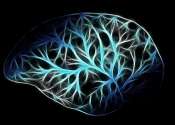An out-of-the-box attack on diabetes
A protein newly identified as important in type 1 diabetes can delay onset of the disease in diabetic mice, providing a new target for prevention and treatment in people, according to research led by scientists at the U.S. ...
Jan 9, 2020
0
327









